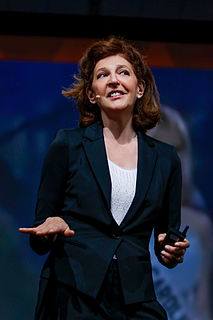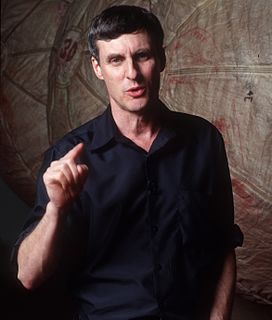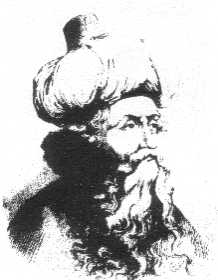A Quote by Pamela Meyer
In the split-second before someone prepares to answer a question, he will consciously or subconsciously evaluate what the best possible answer might be. For a truthful person, the best possible answer might omit some information. It might have a few extraneous details. But it will still offer the information requested.
Related Quotes
Wes Clark is a man of whom you can ask a question, and he will look you directly in the eye, and give you the most truthful and complete answer you can imagine. You will know the absolute truth of the statement as well as the thought process behind the answer. You will have no doubt as to the intellect of the speaker and meaning of the answer to this question....So you can see, as a politician, he has a lot to learn.
Children know that if they have a question about the world, the library is the place to find the answer. And someone will always be there to help them find the answer-our librarians. (A librarian's) job is an important one. Our nation runs on the fuel of information and imagination that libraries provide. And they are in charge of collecting and sharing this information in a helpful way. Librarians inform the public, and by doing so, they strengthen our great democracy.
It's irrational to assume you can ever truly evaluate yourself as a good or bad human being. You will never have enough information.That "bad person" at work who torments you might be an excellent father to his kids. That other "bad person" at work who screwed up royally today? That error might later lead to a huge breakthrough. We will never have enough info to holistically evaluate a person and score them in totality as "bad" or "good."
Everything which might cause doubt about the wisdom of the government or create discontent will be kept from the people. The basis of unfavorable comparisons with elsewhere, the knowledge of possible alternatives to the course actually taken, information which might suggest failure on the part of the government to live up to its promises or to take advantage of opportunities to improve conditions--all will be suppressed. There is consequently no field where the systematic control of information will not be practiced and uniformity of views not enforced.
If you had a system that could read all the pages and understand the context, instead of just throwing back 26 million pages to answer your query, it could actually answer the question. You could ask a real question and get an answer as if you were talking to a person who read all those millions and billions of pages, understood them, and synthesized all that information.



































